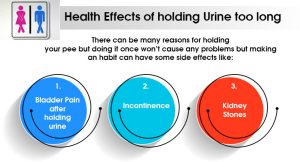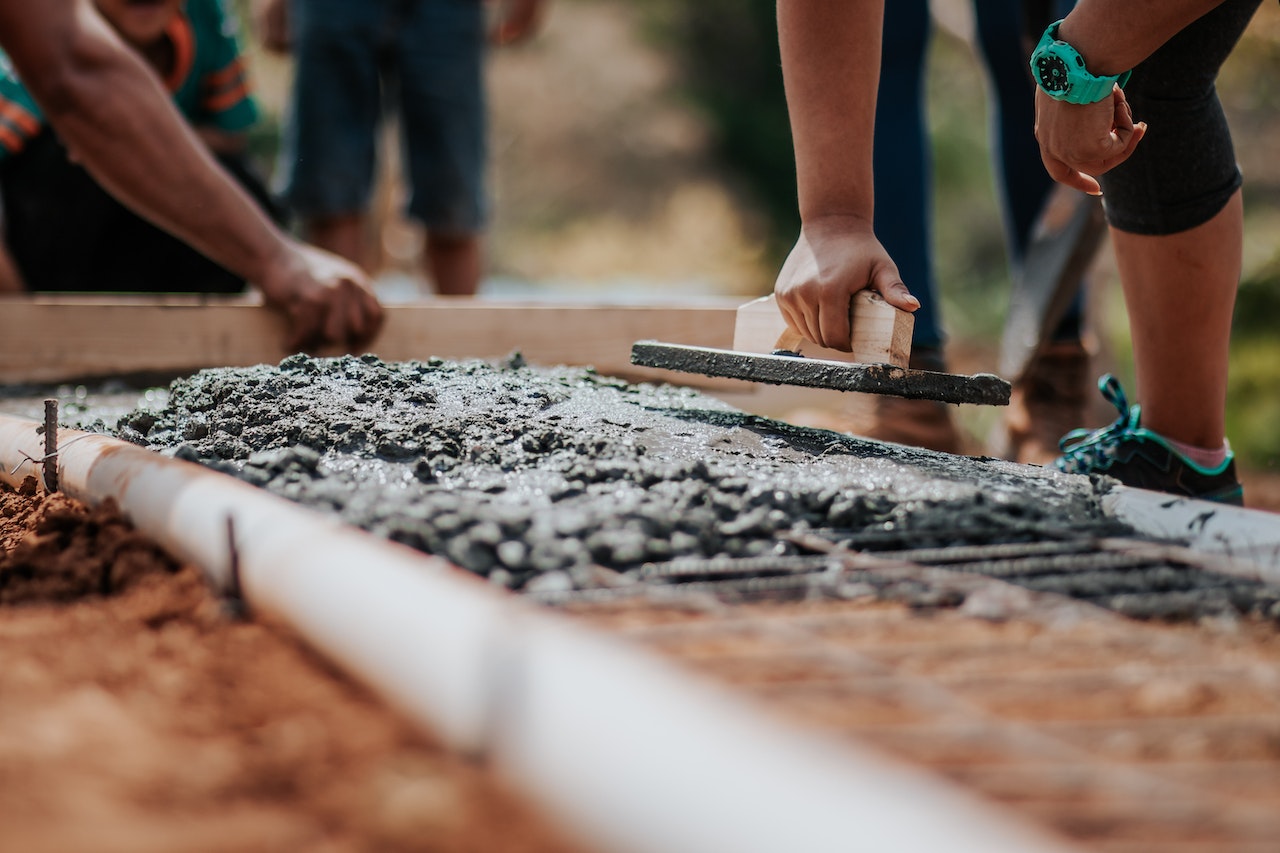Is it Illegal to Not Let a Student Go to the Bathroom: All of us have been there. That uncomfortable squirm, that rising tide, or the silent appeal to your teacher.
What if your plea is refused?
Schools and teachers can legally prohibit students from going to the toilet during school hours.
Like most other things, the answer is not a simple “yes” or “no”. There’s an intricate dance to be performed between classroom management and student safety.
We’ll get into the details of school bathroom breaks.
Importance Of Bathroom Breaks

Denying access to the bathroom is not just a nuisance. This is a health risk. It can cause:
- Urinary Tract Infections (UTIs): This painful infection can cause frequent urination and kidney issues.
- Stress and bladder discomfort: It is impossible to concentrate on algebra when the bladder is full. Physical and mental discomfort may cause anxiety and hinder learning.
- Health issues that can last a lifetime: Chronic bladder retention in severe cases may cause permanent damage.
This Is A Murky Picture Of The Law And Bathroom Breaks
In the United States, there is no specific federal law that addresses student access to bathrooms. Various legal principles and regulations are in play.
- Negligence: A school could be held responsible for negligence if their actions (like refusing bathroom access) lead to injury, such as a UTI.
- Discrimination: Schools must accommodate students with disabilities. This includes unrestricted access to the bathroom.
- Local and State Regulations: Certain states, such as California, have laws that guarantee bathroom access to students.
Striking A Balance
How can we balance bathroom breaks and maintaining an effective learning environment in schools?
These are some of the key strategies:
- Fair and transparent policies: Create bathroom policies both teachers and students can understand. Avoid blanket restrictions and consider age-appropriate guidelines.
- Encourage open communication: Make an environment where students can talk to their teacher about their bathroom essentials and needs.
- Reduce disruptions: Incorporate short restroom breaks into your school’s schedule to prevent constant interruptions.
- Special needs accommodations: Make sure students with disabilities or medical conditions have access to the restrooms.
Consequences For Holding Back
The consequences of ignoring the need for bathroom breaks in schools can be serious.
- Parental Action is Possible: if their children’s health has been harmed by a lack of bathroom access.
- Damage to Reputation: Bad publicity spreads quickly and damages the image of an institution as well as a community trust.
- Trust Erosion: Limiting students’ basic needs may harm relationships between teachers and students, affecting the learning environment.
- Remind Yourself: The right to use the toilet is fundamental to human rights, and it is up to schools to respect this.
Conclusion
Next time you hear tiny feet pounding on the door of the classroom, don’t assume it is a request for a restroom break.
This is a cry for understanding and compassion.
It also serves as a reminder to remember that nature can sometimes take precedence over the pursuit of learning.
We must create schools that promote learning while respecting basic human needs. This will shift their focus from other worries to studies.






